Latest US-Iran Nuclear Talks: A Summary Of The Disagreements
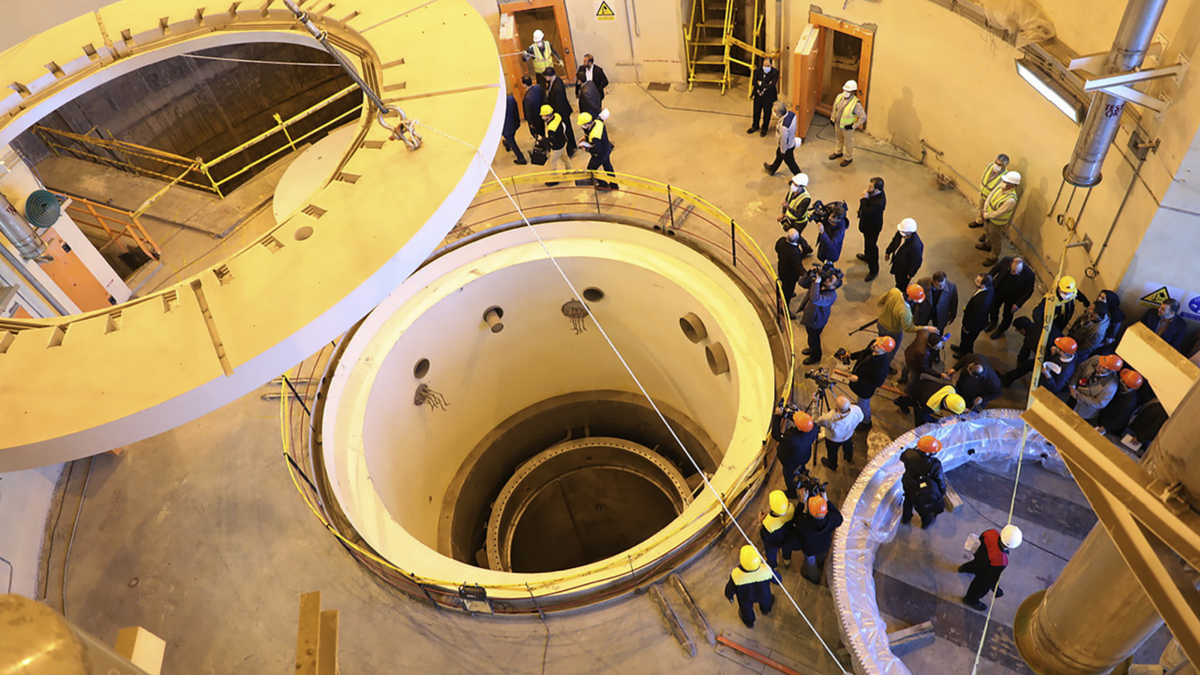
Table of Contents
The Core Issue: Iran's Uranium Enrichment Program
Iran's uranium enrichment capabilities lie at the heart of the US-Iran nuclear deal stalemate. The ability to enrich uranium to high levels is a crucial step in the process of producing nuclear weapons, raising serious international concerns. While Iran maintains its enrichment program is solely for peaceful purposes, such as generating nuclear energy, the scale of its operations and the potential for rapid escalation are key issues of contention.
- Current levels of enrichment: Iran currently enriches uranium to levels far exceeding those permitted under the JCPOA, raising fears of a potential nuclear weapons program.
- International concerns about exceeding agreed-upon limits: The international community, particularly the US and its allies, views Iran's exceeding of enrichment limits as a direct violation of international norms and previous agreements.
- Iran's justifications for its enrichment program: Iran argues its enrichment program is a sovereign right and necessary for its energy needs, citing the potential for future energy independence and technological advancement.
- The West's demand for limitations on enrichment levels and transparency measures: The West insists on strict limits on Iran's enrichment capacity and enhanced transparency measures, including unfettered access to relevant sites by the International Atomic Energy Agency (IAEA). This includes limitations on centrifuge technology and the quantity of enriched uranium allowed.
The Sanctions Debate: Lifting Sanctions vs. Compliance
The imposition of stringent economic sanctions on Iran has significantly hampered its economy, fueling resentment and shaping Iran's negotiating stance. Tehran demands a complete lifting of all sanctions as a prerequisite for returning to full compliance with the JCPOA. This is a non-negotiable demand for Iran, which views many sanctions as illegal and unjust. Conversely, the US advocates for a phased approach to sanctions relief, contingent upon verifiable Iranian compliance with all aspects of the nuclear agreement.
- Specific sanctions targeted at Iran's oil exports, financial institutions, etc.: These sanctions aim to cripple Iran's revenue streams and limit its access to global financial markets. They encompass various sectors of the Iranian economy.
- Iran's argument for the unfairness and illegality of some sanctions: Iran argues that many sanctions are unilateral and violate international law, hindering its economic development and harming its citizens.
- The US's concerns about Iran's past breaches of agreements: The US points to Iran's past non-compliance with nuclear agreements as a reason for its cautious approach to sanctions relief.
- The impact of sanctions on the Iranian population: The impact of sanctions on ordinary Iranian citizens is a crucial humanitarian concern that adds to the complexity of the negotiations.
Verification and Inspections: Ensuring Compliance and Transparency
The effectiveness of any agreement hinges on robust verification and inspection mechanisms. Disagreements persist over the scope and extent of IAEA inspections of Iranian nuclear sites. Iran's reluctance to grant full and unfettered access to all its nuclear facilities raises concerns about the transparency of its nuclear program.
- Access to Iranian nuclear sites: The IAEA's ability to access all Iranian nuclear sites, including undeclared facilities, is crucial for verifying compliance. This access point has been a significant stumbling block.
- The transparency of Iran's nuclear program: Iran's commitment to full transparency regarding its past nuclear activities and its current enrichment program is essential to build trust and confidence.
- The role of the International Atomic Energy Agency (IAEA): The IAEA plays a pivotal role in monitoring Iran's nuclear activities and verifying compliance with any agreement. Its ability to perform its duties effectively is a key element of the negotiations.
- Past instances of non-compliance and their implications: Past instances of Iran's non-compliance have eroded trust and underscore the importance of robust verification mechanisms.
Regional Security Concerns and Proxy Conflicts
Beyond the nuclear issue, regional security concerns significantly complicate the US-Iran nuclear talks. Iran's support for regional proxies, such as Hezbollah in Lebanon and the Houthis in Yemen, and its ballistic missile program raise concerns about regional stability. The US views these activities as destabilizing and detrimental to regional security, linking them directly to the nuclear issue.
- Iran's relationship with groups like Hezbollah and Houthis: Iran's support for these groups raises concerns about its regional ambitions and its willingness to engage in proxy conflicts.
- The impact of regional instability on the nuclear talks: Regional instability directly impacts the willingness of the US and its allies to engage in negotiations.
- The US’s concerns about Iran’s ballistic missile program: The range and capability of Iran's ballistic missile program is a key concern for the US and its regional allies.
- Iran’s position on regional security issues: Iran maintains that its regional activities are defensive and aimed at countering perceived threats from external actors.
Conclusion: The Path Forward for US-Iran Nuclear Talks
The latest round of US-Iran nuclear talks highlights significant disagreements over uranium enrichment levels, sanctions relief, verification mechanisms, and regional security concerns. The path to a successful resolution remains uncertain, hampered by deep mistrust and conflicting narratives. Continued dialogue and diplomacy are essential to navigate these complex issues and find a compromise that addresses the legitimate security concerns of all parties. Staying informed about future developments in the US-Iran nuclear talks and related negotiations, including details regarding the JCPOA and Iran's nuclear ambitions, is crucial for understanding this vital geopolitical issue. Further reading on these topics will provide a more nuanced understanding of the complex challenges involved.

Featured Posts
-
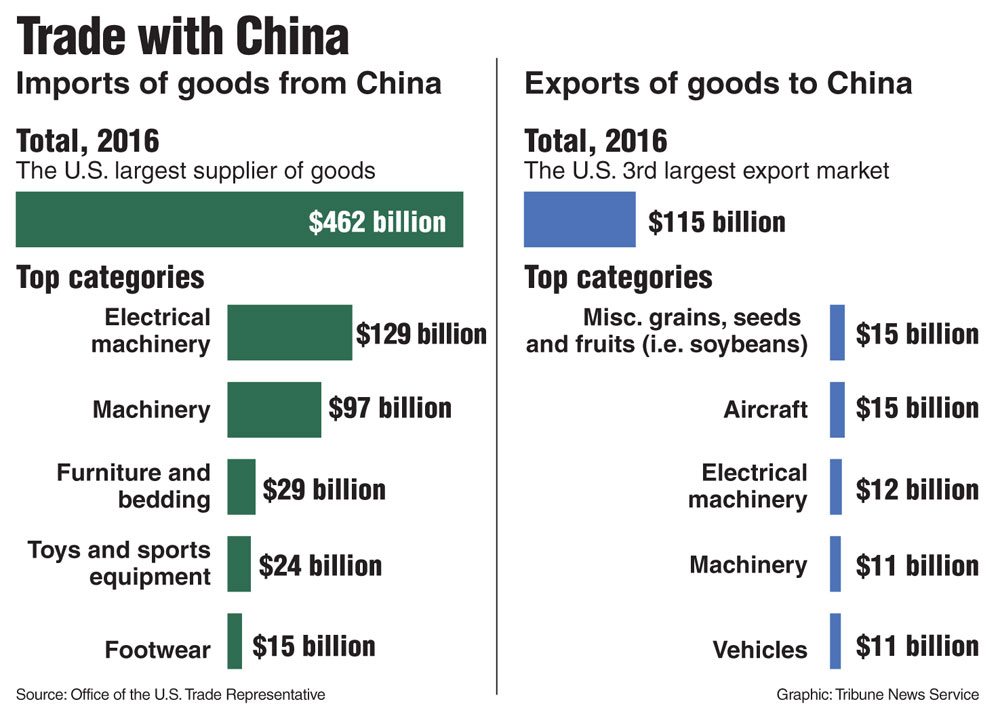 Understanding Chinas Tariff Exemptions For Us Made Products
Apr 28, 2025
Understanding Chinas Tariff Exemptions For Us Made Products
Apr 28, 2025 -
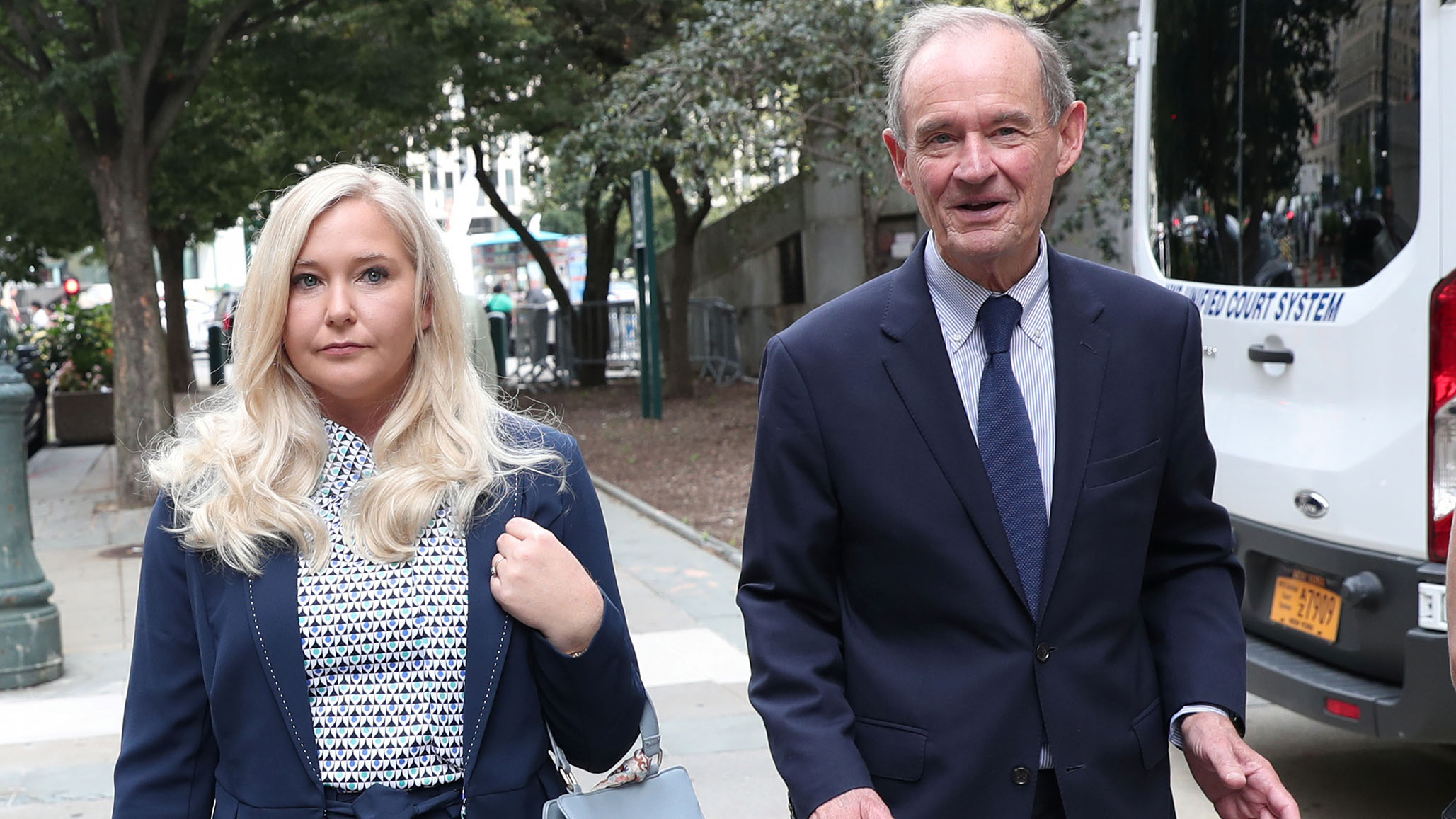 Virginia Giuffre Remembering The Epstein Accuser
Apr 28, 2025
Virginia Giuffre Remembering The Epstein Accuser
Apr 28, 2025 -
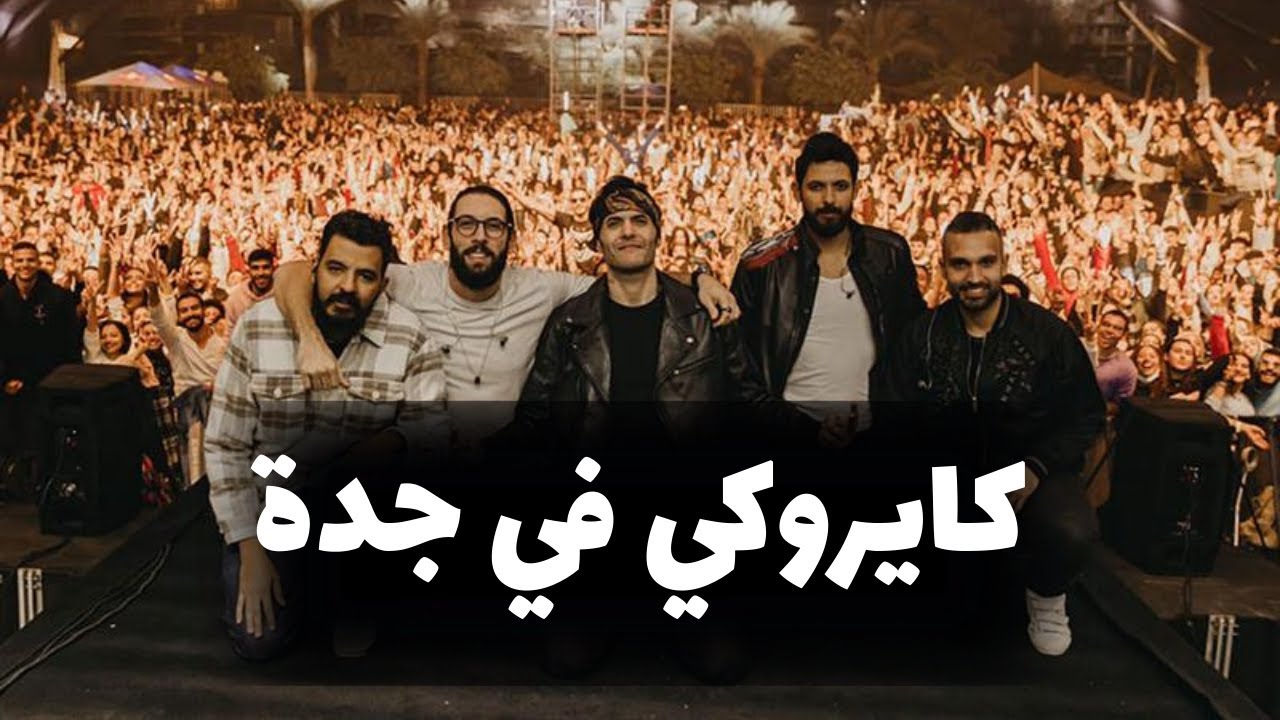 Mhrjan Abwzby Hdth Mwsyqy Astthnayy
Apr 28, 2025
Mhrjan Abwzby Hdth Mwsyqy Astthnayy
Apr 28, 2025 -
 Pinpointing The Countrys Next Big Business Hubs
Apr 28, 2025
Pinpointing The Countrys Next Big Business Hubs
Apr 28, 2025 -
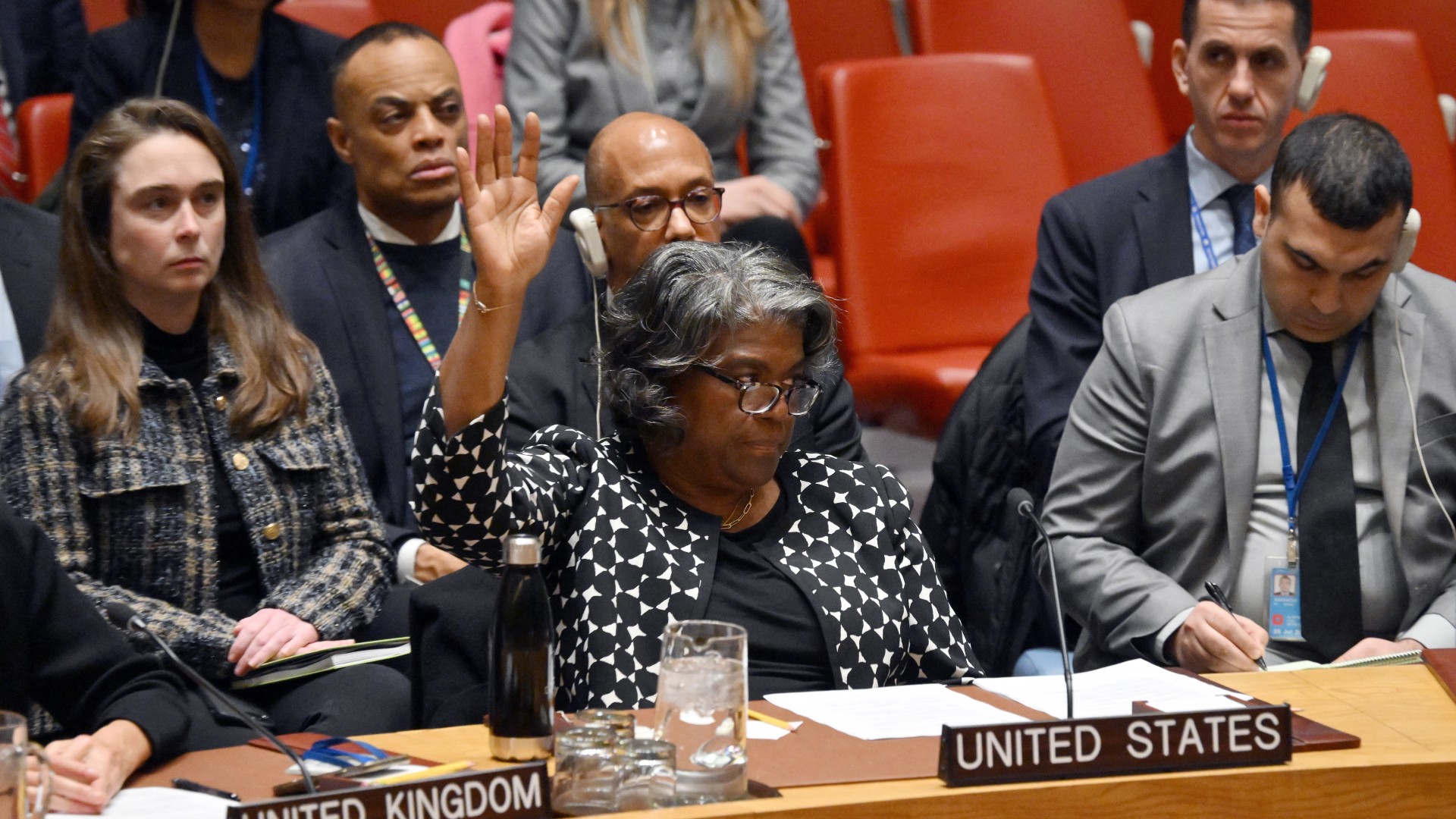 Gaza Ceasefire Hamas Leaders Meet In Cairo Following Trump Statement
Apr 28, 2025
Gaza Ceasefire Hamas Leaders Meet In Cairo Following Trump Statement
Apr 28, 2025
Latest Posts
-
 Is John Wick 5 Officially Confirmed Keanu Reeves And The Next Chapter
May 12, 2025
Is John Wick 5 Officially Confirmed Keanu Reeves And The Next Chapter
May 12, 2025 -
 John Wick 5 Everything We Know About The Next Installment
May 12, 2025
John Wick 5 Everything We Know About The Next Installment
May 12, 2025 -
 Will There Be A John Wick 5 Exploring The Possibilities
May 12, 2025
Will There Be A John Wick 5 Exploring The Possibilities
May 12, 2025 -
 John Wick Experience Las Vegas What To Expect
May 12, 2025
John Wick Experience Las Vegas What To Expect
May 12, 2025 -
 The Elusive John Wick Appearances And Their Significance
May 12, 2025
The Elusive John Wick Appearances And Their Significance
May 12, 2025
